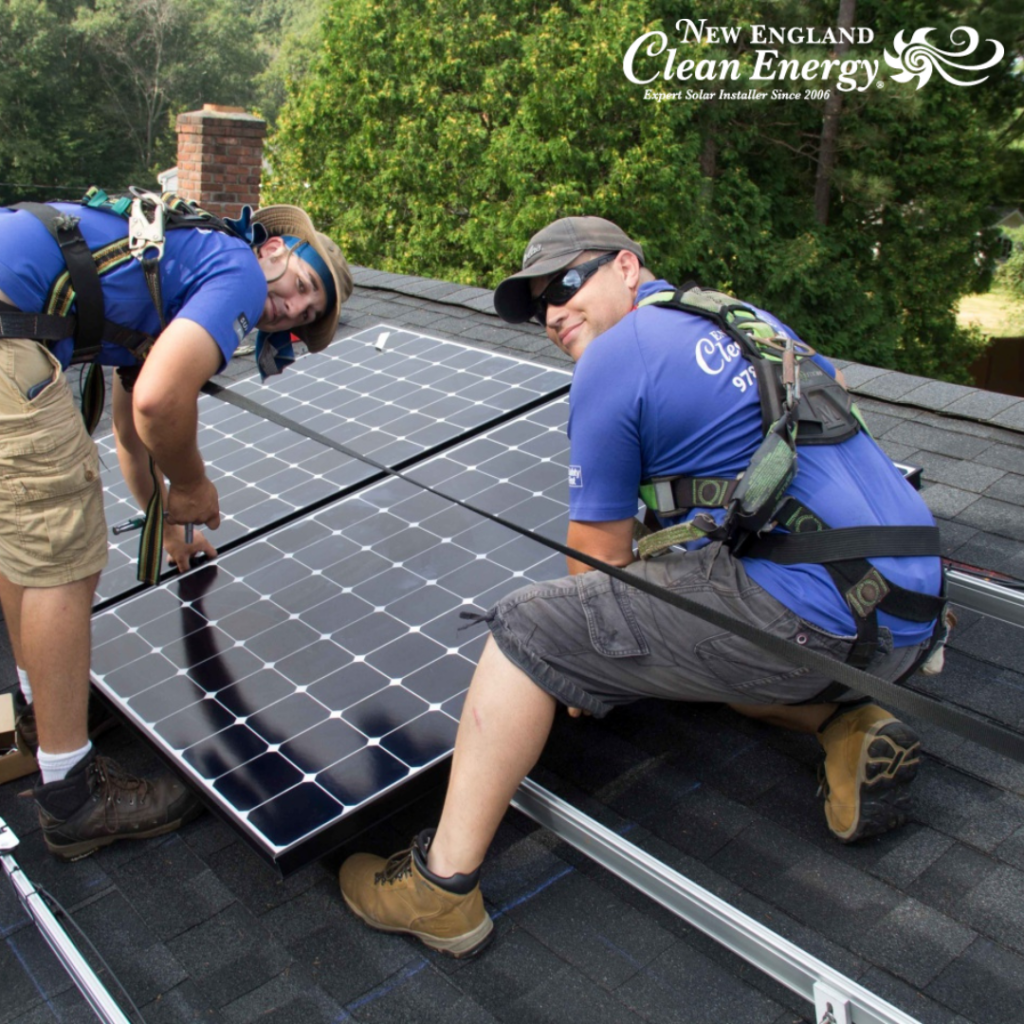Solar energy is becoming increasingly popular across the globe due to its numerous benefits to the environment, the economy, and the consumer’s wallet. But just like any modern technology, there are solar energy disadvantages that can cause roadblocks and challenges to face as the industry matures.
Solar projects are construction projects, which means they are impacted by external factors that can alter their schedule and budget. In this article, we will delve into the top seven solar energy disadvantages that cause these installations to not always go 100% to plan.
1. Weather Conditions 
External factors like weather conditions can play a significant role in determining the timeline of a solar project. Rain, snow, and extreme heat (or cold) can affect the overall construction process and may require additional safety measures or adjustments in the schedule.
2. Permitting Issues
Navigating the legal regulations and municipal processes for solar installations can be both time-consuming and frustrating. And since solar and solar storage is historically new, the related building, electrical, and fire codes and rules are constantly evolving and changing. As a result, the permit and application processes can put the installation behind schedule and at times, completely stall the project for weeks or even a few months.
3. Interconnection Delays
Connection to the grid requires the approval of the utility company, which can take from a few weeks to a few months depending on the system size and any technical grid issues in your home area. For example, some systems will require a transformer upgrade which may or may not be a cost the customer is asked by the utility to cover. The cost rarely is so high that it derails the economics for the system, but it does delay the review, installation, and permission to turn the system on. 
4. Material Availability
Panels and other solar system components are in high demand and technology keeps marching forward. Thus, what was in the original plan may sometimes need to be changed. Changes are normally minor. For example, your originally planned 405 watts panels might now need to be 410. The 5 watts per panel does not move the economics needle much at all, but it may result in resubmitting electrical permits and utility applications.
5. Change Orders
Sometimes customers just change their mind on what they want. But changes in scope or design that happen after the initial agreement can add significant amounts of time, cost, and frustration to ongoing projects (see the mention of revised permits and utility applications above). It is vital that everyone involved in the project understands adding just a few more panels, for example, will mean more time.
6. Site Availability
Many new solar arrays are going up on a new garage, wing of the house, or for that matter a whole new house. Or something as simple as a new roof. Regardless of the reason, access to the project site can and sometimes does become an issue just as it would in any other construction project. If project “A” must be completed before project “B” any delay in “A” obviously impacts “B.”
7. Financing Challenges
If you own your own home or building, financing a solar project for it is generally easy. Like any other loan, if you have a good credit rating you will be approved. That is partially because solar loans are normally secured against the array – not your home or any other asset. But if you think of it as project A in Reason #6 above to the start of the Solar Project being project B, it needs to be done at the start. Like all the rest of the items on the list, a good solar installer will help you get it done on time and with minimal hassle.
Solar energy is a crucial part of a sustainable future. So, while it is important to note that there are solar energy disadvantages that present installation challenges, it is also an opportunity for positive change. By identifying and understanding these possible negative factors, we can better ensure not only a successful project but reduce stress and fear that the project will not get done. Because despite the occasional hurdles noted above, it is extremely rare that we encounter circumstances where we must cancel a project entirely – and even then, it is always the customer’s choice and not ours. In short, our goal is to achieve a 100% success rate in completing the projects we start. By working together with our customers, we can overcome obstacles and make their solar dreams a reality!





No comments yet. You should be kind and add one!
By submitting a comment you grant The Energy Miser a perpetual license to reproduce your words and name/web site in attribution. Inappropriate and irrelevant comments will be removed at an admin’s discretion. Your email is used for verification purposes only, it will never be shared.